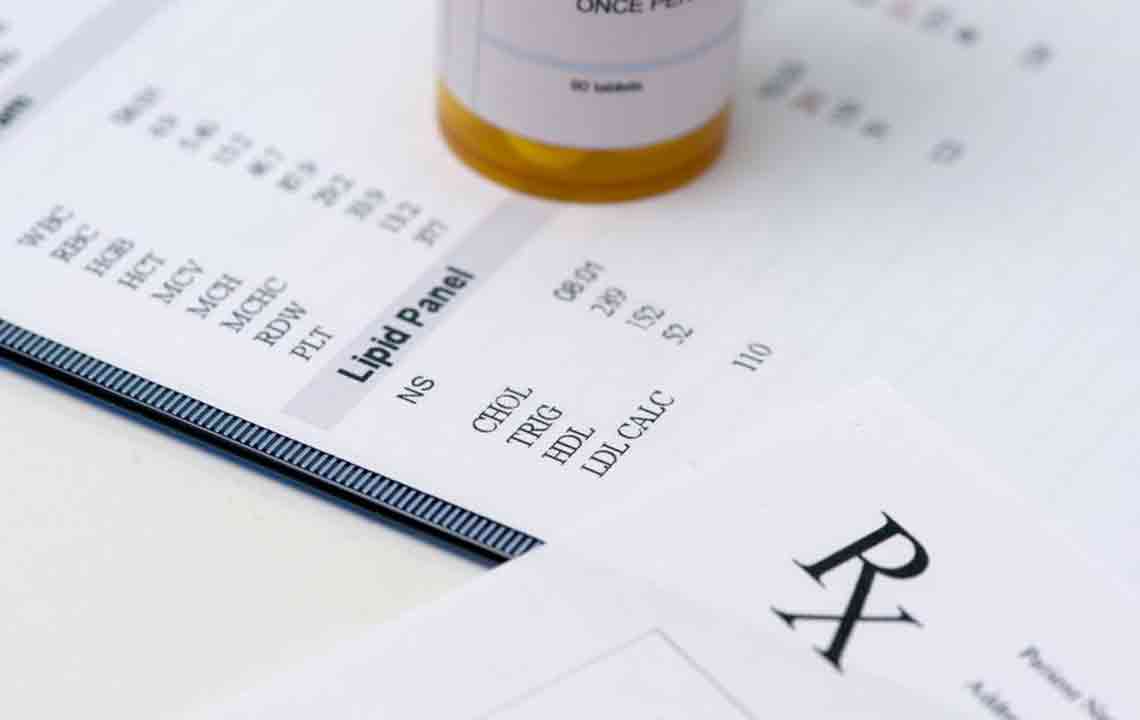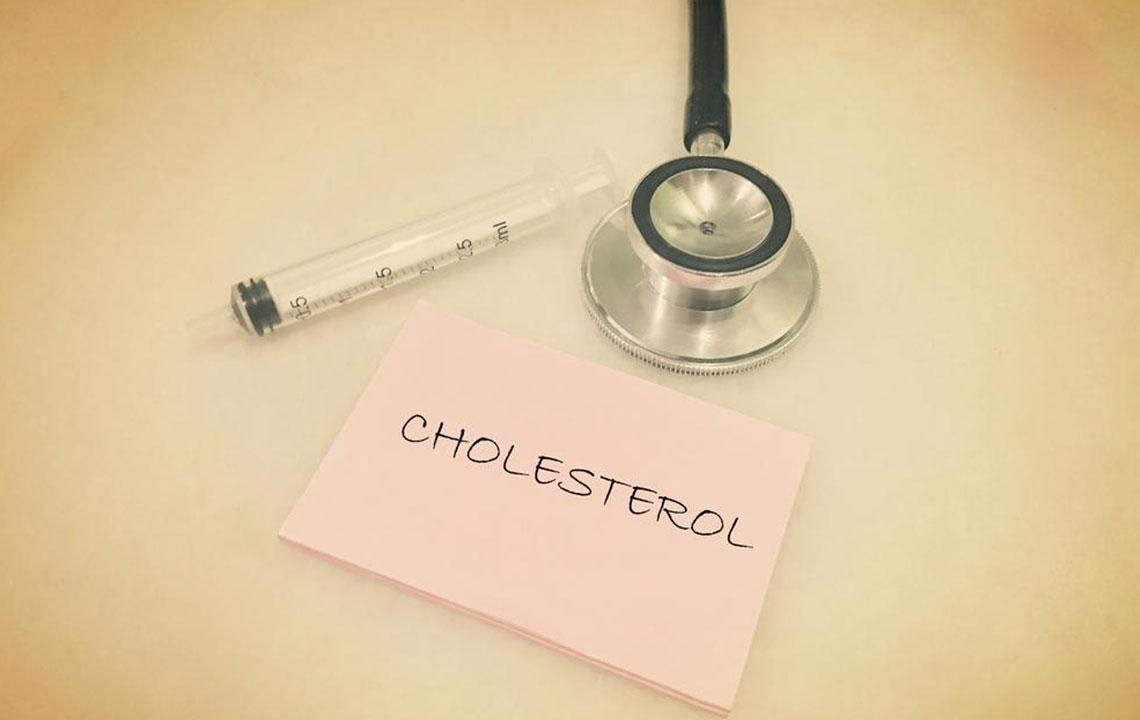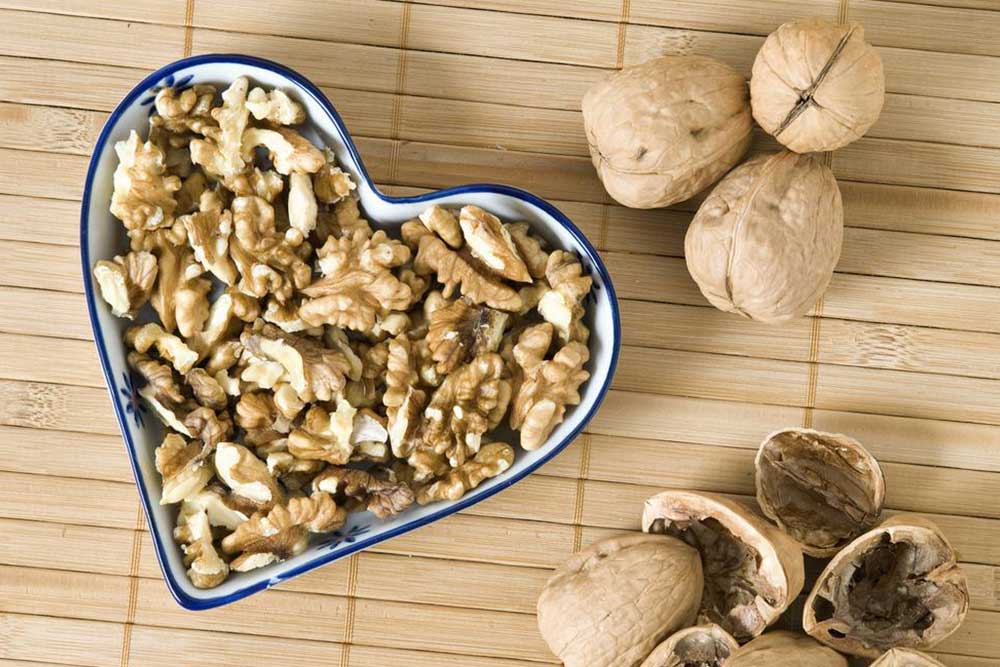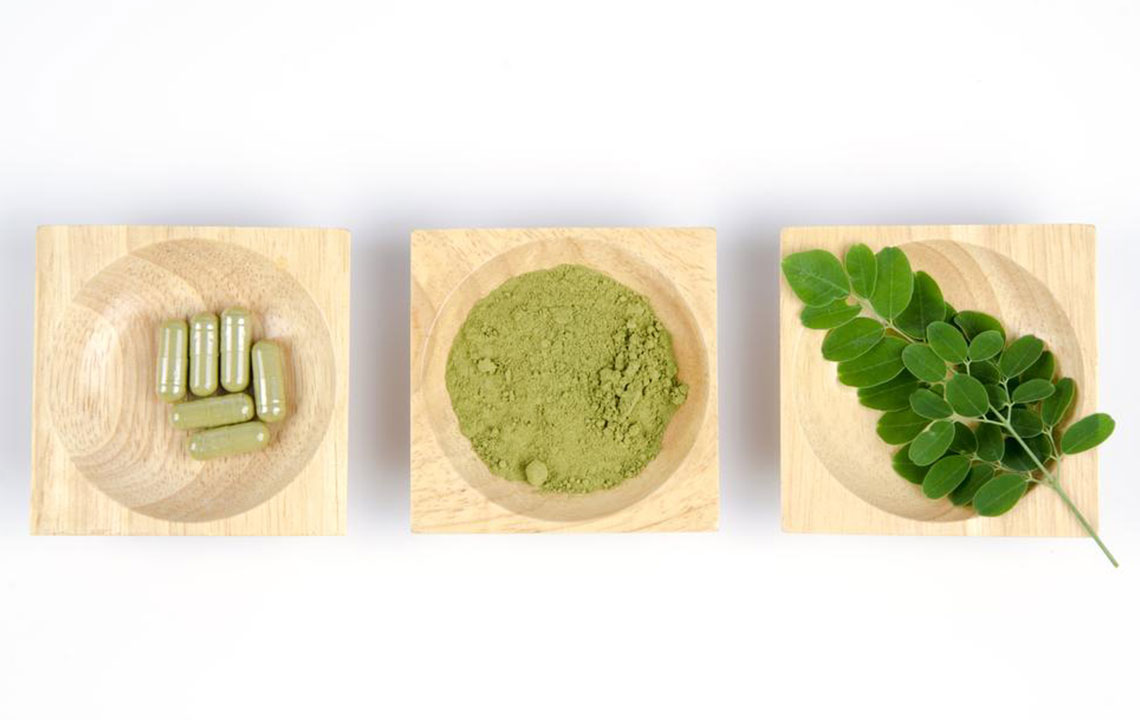Effective Natural Strategies to Lower LDL Cholesterol and Improve Heart Health
Discover comprehensive, natural strategies to effectively lower LDL cholesterol and enhance heart health. This article covers dietary changes, lifestyle modifications, and habits to manage cholesterol levels naturally, reducing the risk of heart disease without solely relying on medication. Learn how smart food choices, regular exercise, quitting smoking, and maintaining a healthy weight can lead to better cardiovascular outcomes. Implement these tips today for a healthier, longer life with reduced cholesterol-related health risks.
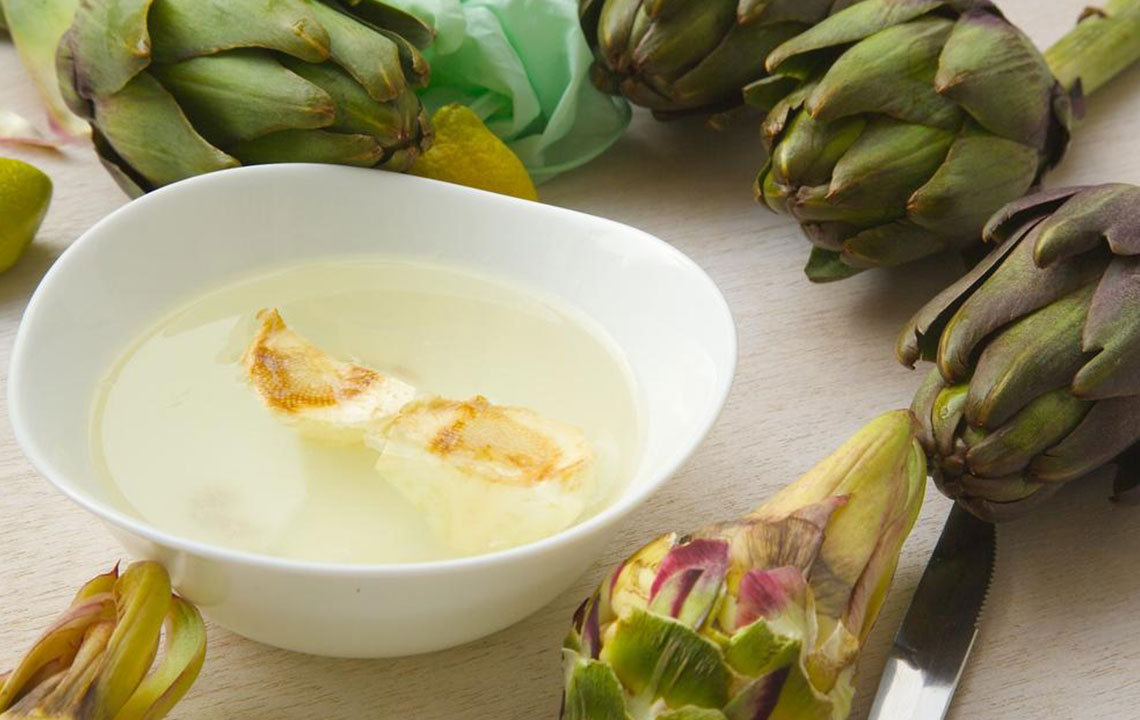
Effective Natural Strategies to Lower LDL Cholesterol and Improve Heart Health
Cholesterol is a vital waxy substance necessary for various bodily functions, including hormone production and cell membrane formation. However, excessive levels of low-density lipoprotein (LDL) cholesterol can significantly increase the risk of cardiovascular diseases, such as atherosclerosis, heart attacks, and strokes. Understanding how cholesterol circulates and how to manage its levels naturally is crucial for maintaining optimal heart health.
Cholesterol is transported through the bloodstream via complex particles known as lipoproteins. Due to its insolubility in water, cholesterol cannot directly travel through the bloodstream. Instead, it binds to lipoproteins, forming structures that carry fats including triglycerides and phospholipids. These lipoproteins include five main types: chylomicrons, very-low-density lipoprotein (VLDL), intermediate-density lipoprotein (IDL), low-density lipoprotein (LDL), and high-density lipoprotein (HDL). While HDL is considered “good” cholesterol because it helps remove excess cholesterol from the bloodstream, LDL is often referred to as “bad” cholesterol due to its tendency to deposit fats in arterial walls, increasing the risk of blockages and cardiovascular events.
Maintaining a healthy balance between these lipoproteins is critical. One of the body's natural mechanisms for controlling LDL levels involves LDL receptors in the liver, which help clear LDL cholesterol from the blood. When these receptors are deficient or dysfunctional, LDL accumulates in circulation, heightening the risk of fatty deposits in arteries. Regular monitoring of cholesterol levels through blood tests enables early detection and management of dyslipidemia.
Managing cholesterol effectively often involves a personalized approach devised in collaboration with healthcare professionals. It can include pharmacological treatments, but lifestyle modifications are equally important and, in many cases, can significantly lower LDL levels without medication. Implementing healthy habits reduces the risk of developing heart disease, improves lipid profiles, and enhances overall cardiovascular health.
This comprehensive guide explores proven natural strategies to lower LDL cholesterol levels, emphasizing dietary choices, physical activity, and lifestyle habits that contribute to better heart health.
Dietary Changes to Reduce LDL Cholesterol
Adopting a heart-healthy diet is one of the most effective ways to lower LDL cholesterol naturally. Here are some key dietary modifications:
Emphasize Healthy Fats: Replace saturated fats found in red meats and full-fat dairy products with healthier monounsaturated and polyunsaturated fats present in olive oil, canola oil, avocados, and nuts. These fats not only improve lipid profiles but also support overall cardiovascular health.
Eliminate Trans Fats: Artificial trans fats, common in many processed and baked goods, significantly raise LDL levels and lower HDL cholesterol. Always check food labels for trans fat content and avoid hydrogenated oils.
Increase Omega-3 Fatty Acids: Incorporate fatty fish such as salmon, mackerel, sardines, and trout into your weekly meals. Omega-3s are known for their anti-inflammatory properties and their ability to elevate HDL cholesterol while reducing triglycerides.
Boost Soluble Fiber Intake: Dietary fibers like beta-glucans in oats, pectins in fruits, and gums in legumes bind to cholesterol in the digestive system, preventing absorption and aiding in LDL reduction. Foods rich in soluble fiber include oats, beans, lentils, apples, berries, and carrots.
Include Plant Sterols and Stanols: These natural compounds, found in fortified foods like margarine spreads and orange juice, competitively inhibit cholesterol absorption, lowering LDL levels.
Choose Whole Grains: Swap refined grains for whole grains such as brown rice, quinoa, barley, and whole wheat products, which provide more fiber and nutrients, promoting better lipid profiles.
Enhance Nutritional Intake for Better Heart Health
In addition to dietary fats and fibers, certain nutrients have a positive impact on cholesterol levels:
Whey Protein: Dairy-based whey protein supplements have been linked to reductions in LDL cholesterol and improvements in overall lipid profiles.
Antioxidants and Phytochemicals: Consuming foods rich in antioxidants, such as berries, dark leafy greens, and nuts, helps combat oxidative stress, which contributes to artery damage.
Lifestyle Changes for Cholesterol Management
While diet plays a crucial role, other lifestyle habits are equally important in lowering LDL cholesterol naturally:
Regular Physical Activity: Engaging in at least 150 minutes of moderate-intensity exercise per week—activities like brisk walking, cycling, swimming, or dancing—can increase HDL (“good”) cholesterol and aid in weight management. Incorporating strength training exercises also supports overall cardiac health.
Maintain a Healthy Weight: Excess weight, particularly around the abdomen, correlates with elevated LDL and decreased HDL levels. Achieving and maintaining a healthy weight through balanced nutrition and physical activity reduces cardiovascular risks.
Quit Smoking: Smoking damages blood vessel walls, reduces HDL cholesterol, and accelerates atherosclerosis. Quitting smoking improves lipid profiles and your overall heart health, with benefits noticeable soon after cessation.
Limit Alcohol Intake: Moderate alcohol consumption can raise HDL cholesterol, but excessive drinking poses health risks. It's best to consume alcohol in moderation or abstain entirely if advised by your healthcare provider.
Additional Tips and When to Seek Medical Help
While lifestyle and dietary approaches are powerful, some individuals may require medication to achieve optimal LDL levels, especially if they have genetic predispositions like familial hypercholesterolemia. Regular check-ups with your doctor help monitor progress and adjust treatment plans as necessary.
In summary, lowering LDL cholesterol naturally involves a comprehensive approach—adopting healthy eating habits, staying physically active, avoiding harmful substances like tobacco, and managing weight. These measures, combined with medical guidance when needed, can significantly improve your heart health and reduce the risk of cardiovascular disease.
